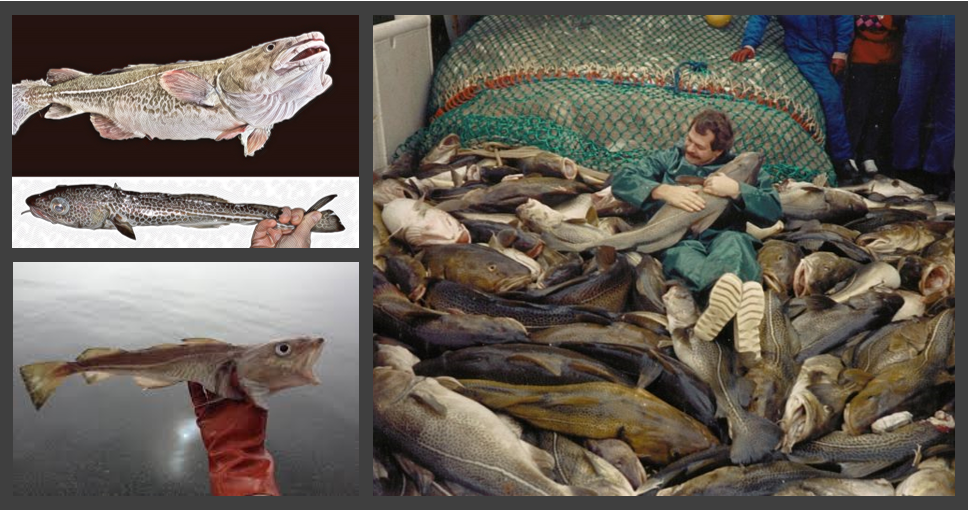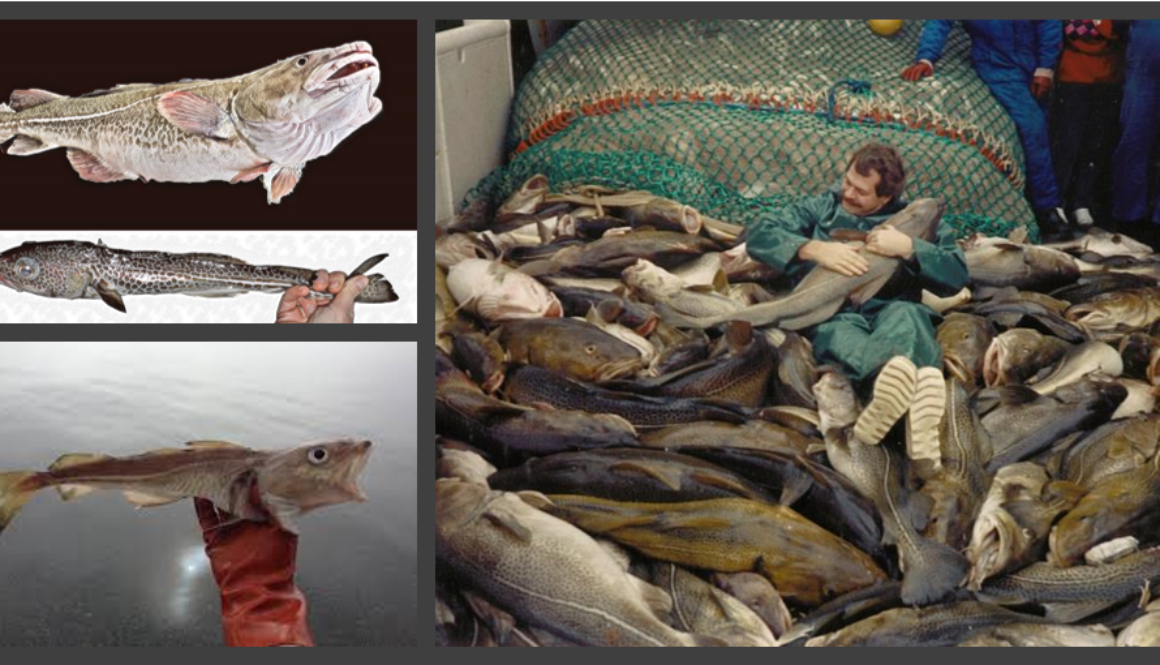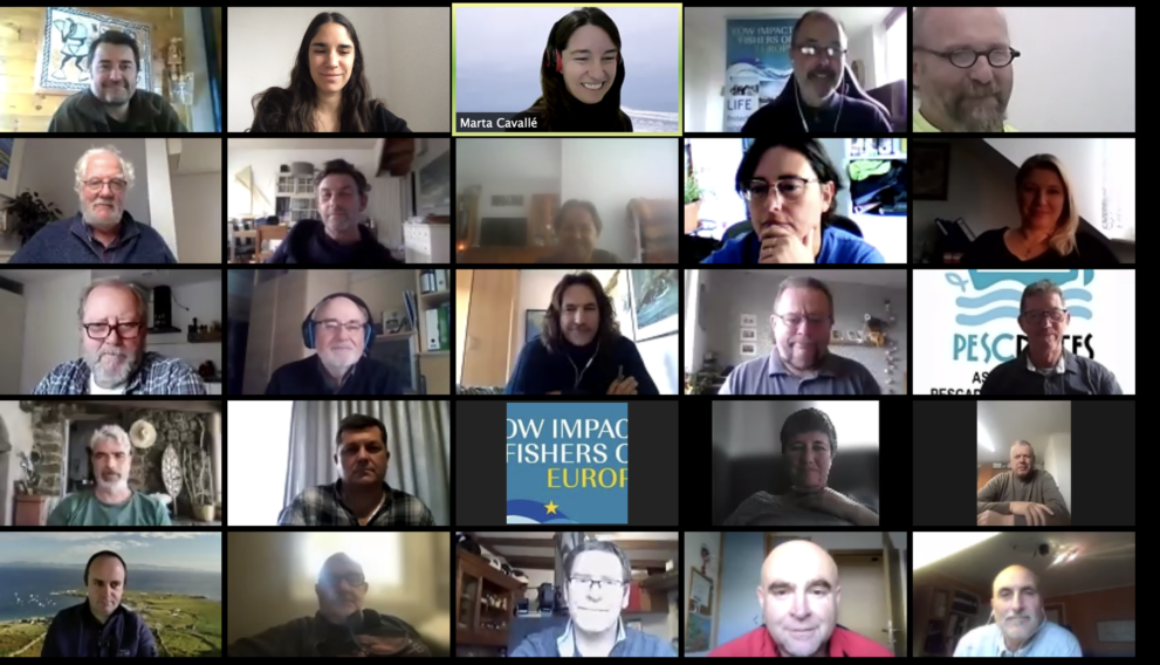Wither the Baltic Cod? The Future Prospects for Baltic cod and those of small-scale fishers are closely linked.
Wither the Baltic Cod?
The Future Prospects for Baltic cod and those of small-scale fishers are closely linked.
Stockholm, 23 March 2022. The Fisheries Secretariat (FishSec), a Swedish non-profit organization advocating for sustainable fisheries at the EU and Baltic sea levels, is hosting an online event on March 24th to present its new report on Baltic cod. It will explain the decline of the Baltic cod looking into several factors (biology, fisheries and management) and give recommendations for a recovery of the species.

Representing small-scale low impact fishers (SSF), who comprise 90% of the vessel fleet and 65% of the jobs in fishing in the Baltic, FishSec invited LIFE to respond to the report and give its view on the future of Baltic cod and its management. Christian Tsangarides, LIFE’s Baltic and North Sea Coordinator, will be representing our platform.
Ever since the closure of the iconic Canadian Grand Banks cod fisheries in 1992, cod is a species that has become synonymous with overfishing and bad management decisions. In the Baltic Sea targeted cod fisheries are currently closed because the populations are in such bad shape:
The Baltic Sea cod collapse, together with the demise of several other fisheries, has had a tremendous impact on SSF fishers’ livelihoods. Around the Baltic, small-scale fishers are highly dependent on cod and the fall in catch opportunities has severe socio-economic implications for local communities – for further details see https://lifeplatform.eu/please-give-baltic-cod-and-small-scale-low-impact-fishing-a-chance/.
According to Christian Tsangarides “The Baltic cod was not destined to collapse. While environmental factors have exacerbated the problem, mismanagement has caused this man-made disaster. Will the cod recover? At present it seems unlikely. As long as the EU continues its policy of attempting to fish at the maximum sustainable yield for all stocks, including prey species, then predators such as the cod will not recover.
To exacerbate the problems facing the cod recovery, Baltic Member States are currently working on a delegated act to legalise the discarding of plaice, which is caught together with cod, a perfect example of the type of decision which led to the collapse of the cod stocks and is causing irreparable damage to the small-scale low impact fishery.
It is time to implement co-management of the stock, giving fishermen whose livelihood is dependent on the success of the stock a seat at the table alongside managers when decisions are taken. Furthermore, we need to adopt a differentiated approach: to move larger scale fishing operations away from cod, and to maintain a limited small-scale low impact fishery to enable the small-scale fleet to survive.”


